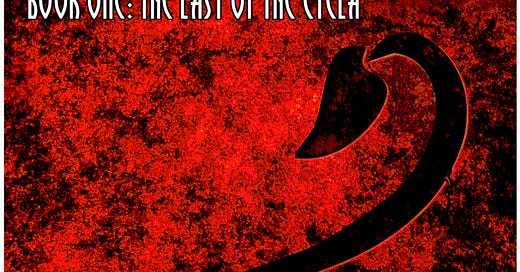Previously on THE SHIELDBREAKER SAGA…Kareva refused to accept the inevitable, instead choosing to lead his warriors to fight against overwhelming odds while sending his civilians to find refuge in a city across the desert. The warriors set up on Valtaa, waiting for the enormous, invincible Pohyor horde to meet them there, and then held them off rather i…
© 2025 Thomas C. Schecter
Substack is the home for great culture


